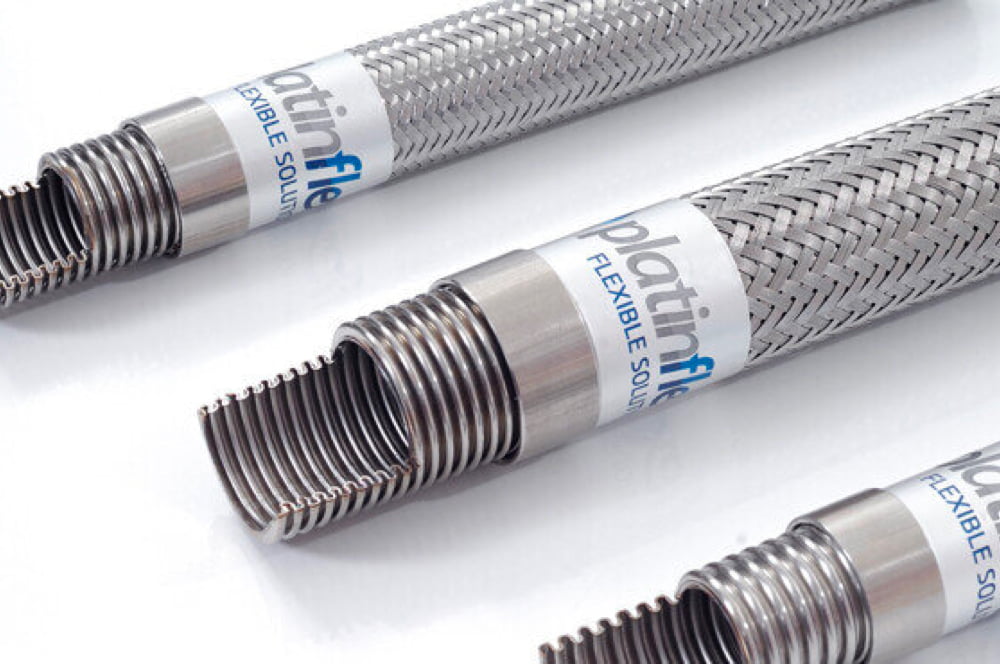
The Advantages and Applications of Flexible Metal Hoses
Flexible metal hoses are widely used in various industries for their unique properties and advantages. They are made of metal alloys such as stainless steel, bronze, and Inconel, which make them strong, durable, and resistant to corrosion and high temperatures. In this blog post, we will discuss the advantages and applications of flexible metal hoses.
Advantages of Flexible Metal Hoses
Flexibility
The primary advantage of flexible metal hoses is their flexibility. They can bend and twist without breaking, which makes them ideal for applications where rigid piping would not work. This flexibility also allows for easier installation in tight spaces and around obstacles.
Durability
Flexible metal hoses are made of high-quality metal alloys, which make them strong, durable, and resistant to wear and tear. They can withstand high pressures, extreme temperatures, and corrosive environments, making them suitable for use in harsh conditions.
Corrosion Resistance
Flexible metal hoses are resistant to corrosion, which makes them suitable for use in applications where corrosion is a concern. They are commonly used in chemical processing plants, food and beverage industries, and marine applications.
High Temperature Resistance
Flexible metal hoses can withstand high temperatures, making them suitable for use in high-temperature applications. They are commonly used in steam and hot water applications, as well as in high-temperature air and gas applications.
Leak-Free
Flexible metal hoses are designed to be leak-free, which makes them ideal for use in applications where leakage is unacceptable. They are commonly used in hydraulic and pneumatic systems, as well as in high-pressure gas and liquid applications.
Applications of Flexible Metal Hoses
Flexible metal hoses are used in a wide range of industries and applications, including:
Chemical Processing
Flexible metal hoses are commonly used in chemical processing plants for the transfer of corrosive chemicals and acids. They are resistant to corrosion, which makes them suitable for use in harsh chemical environments.
Food and Beverage
Flexible metal hoses are used in the food and beverage industry for the transfer of food products and liquids. They are hygienic, easy to clean, and resistant to corrosion, making them suitable for use in food processing and storage.
HVAC
Flexible metal hoses are used in heating, ventilation, and air conditioning (HVAC) systems for the transfer of air and gases. They are resistant to high temperatures and can withstand the pressure and vibration of HVAC systems.
Marine
Flexible metal hoses are used in marine applications for the transfer of liquids and gases. They are resistant to corrosion, high temperatures, and pressure, making them suitable for use in marine environments.
Oil and Gas
Flexible metal hoses are used in the oil and gas industry for the transfer of oil, gas, and other fluids. They are resistant to high temperatures and pressures, making them suitable for use in oil and gas drilling and production.
Conclusion
Flexible metal hoses are an essential component in many industries and applications, thanks to their unique properties and advantages. They are flexible, durable, corrosion-resistant, and can withstand high temperatures and pressures. They are used in chemical processing, food and beverage, HVAC, marine, and oil and gas applications, among others.






